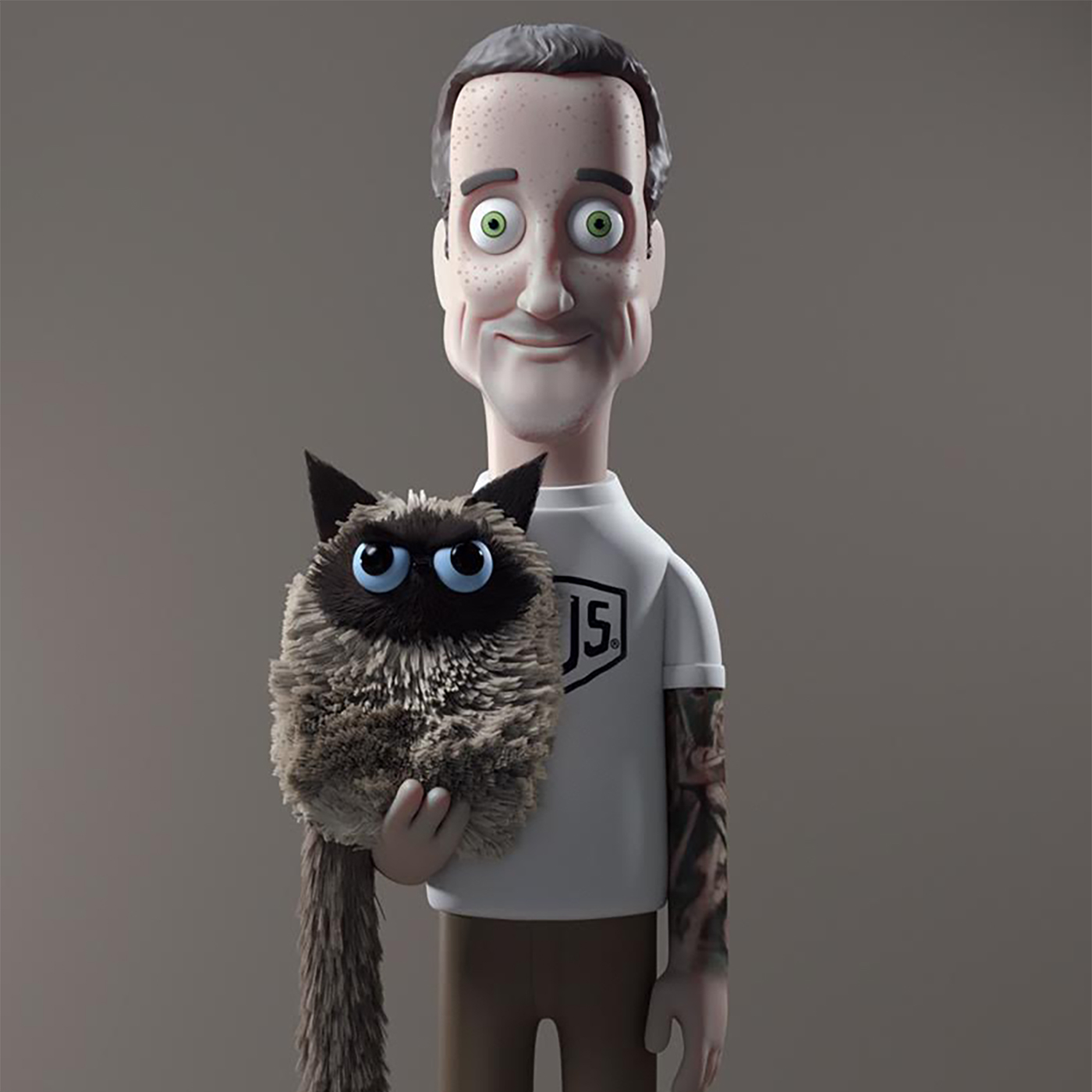Month: May 2020
Uko na tabia za kupendeza roho Tabasamu ya kupapasa macho Sauti yako nikiiskia pia natulia yanipunguzia hasira nazo the weekend.
An oral history of Mad Max: Fury Road
Before And After The Marshall Mathers LP.
The weirdest videos on YouTube:
An advertising manifesto (not like those shitty ones that are basically three quarters of all ads these days): part 4
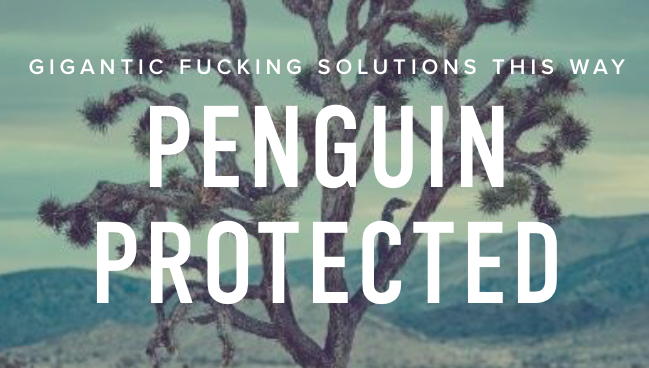
Yesterday I promised to explain the real example of a new, possibly revolutionary, somewhat advertising entity that my wife and I started last year.
Some time in May we went to dinner and had an epiphany: if advertising’s powers got the planet into the mess of the Climate Crisis, then they could apply those same powers to reverse the process.
I know. Mind-blowing.
The entire explanation of what we came up with would take a lot more writing than I’m prepared to do, so here’s the short version:
Many of the people who have the best information about how to deal with the Climate Crisis are not good at communicating what they know. And that’s fine: advertising people are not good at environmental science; environmental scientists are not good at reducing a lot of information to a persuasive and digestible message.
So if we put the communication people together with the science people, we could find a range of solutions that would change public behaviour and save the planet/human race.
Our organisation is called Gigantic Fucking Solutions, and we act as an enabler of creative ideas that can mitigate the Climate Crisis.
The creation and exploration of GFS has led us from global ad agencies and state senators to farmers and university professors. We have a series of briefs that we’ve run through senior strategists, and a monthly meeting where we invite people to explore creative solutions.
We were asked to speak about it at Cannes this year (for obvious reasons we won’t be doing that). But we’ve also been asked to design a university course for this Autumn (for possibly less obvious reasons that might be on pause). We’ve been asked to help with global panels, environmental initiatives and, unexpectedly, festivals run by someone who starred in E.T.
Yes, the Coronavirus has put the odd spanner in the works, but it’s also accelerated our progress towards certain climate goals, so that’s fine.
It’s been quite a ride so far, and we’re only a year in.
Has it been perfect? Well, it has yet to generate much income, but we’re not aiming to make that happen at the moment. I currently freelance to keep things ticking along, but between the two of us we can cover the needs of GFS and pay the mortgage. We’ve kept our ethical ad agency going because the people we meet through GFS sometimes want creative work.
Otherwise it allows us the experience the magic three pillars of a satisfying use of time: autonomy, mastery and purpose. It also gives us a magic pass to have conversations with all sorts of fascinating people (last week it was the head of the UN’s panel of Nobel Peace Prize winners. Yesterday it was Andrew Yang), and it seems to have invigorated a lot of people who really want to help in this space but don’t know how.
So that’s just one example of what you could do. It’s literally cost us nothing financial, but our long-term vision for it is as an opportunity to bring the best creative work in the world to the greatest brief/problem the planet has ever had to deal with. In our opinion there’s no better way to spend our time.
In a way we have hundreds of ‘co-workers’, but they, like us, are doing it for the good of the human race, rendering salaries and pension plans conveniently non-existent. Some of the solutions are designed to generate income, and when that happens, the creators will be paid.
If you want to join our search for Gigantic Fucking Solutions, just pop me a note in the comments and we’ll happily explain it all to you. There is a website, but it doesn’t work properly without a more complete, face-to-face explanation.
So we looked at all those questions in the third part of this post and designed our entity around it, so now we have an entity that ticks all our boxes (money pending).
But this post is really about finding your own gigantic fucking solution to whatever your gigantic fucking problem might be. What do you want to do, and how do want to do it? Do you need investment, or can you get by on freelance money? Do you need employees, or can you offer something attractive enough for them to join in for free? Do you need to produce ads, or can you create something even more interesting?
The piece of paper is currently blank, but you’re the kind of creative person who can fill it with whatever you want. There’s never been a better moment to give this a shot.
What are you waiting for?
An advertising manifesto (not like those shitty ones that are basically three quarters of all ads these days): part 3

OK, so the set up bullshit is over. Today I actually explain how the hell to start your world-shifting movement (how exciting!).
The first thing you have to do is make a list of all the things you do and don’t want your ideal agency/non-agency company to be. The main thing here is to think big. You’re not going to do this many times, so wish for the very best version of every single thing you might like to have.
For example, you might want:
Everyone to have their own office.
No clients that do shitty things to the planet.
No decks.
Millions of decks (please don’t do this).
Only hungry juniors.
Only superstars.
Premises in Florence.
No creative pitches.
Agency cocktail bar.
Pet horses allowed.
Globally outsourced freelance talent so you can be based in your house (in Florence).
Immediate payments for vendors.
Only one solution offered to clients.
All employees part-own the company.
Not an agency at all. Something no one’s even thought of yet (this is the kind of thinking we need).
Everyone earns the same amount.
Formal Fridays.
Frivolous Fridays.
Unanimous employee agreement essential on all new accounts.
In-house media.
Massive fees.
Office closes at 5pm Friday and is 100% closed until 9am Monday.
Jean-Claude Van Damme movies play constantly in reception.
Women only.
Etc.
Next, you have to work out how to do that.
For example: if you want massive fees, do you do that by hiring the best talent in the world? Offering twenty routes per brief? Changing the billing process to be project only, not by hourly timesheets? Hiring the new business department of W&K Portland?
If you want to be women-only, how do you find the best female practitioners of creativity, strategy, account management etc.? How do you enroll them in your project? How do you structure that agency for future success?
Do you need a local council permit to serve alcohol on the premises for your cocktail bar?
Are there enough great Italian creatives available, or will you have to import people to Florence? What visas will they need? How much is Duolingo Italian Premium?
Etc.
That’s really all it comes down to: give yourself a series of goals, work out how to achieve them, then knock them off, one by one.
Is it that easy? Yes. It’s also that difficult. You might get it right first go, or eighth go. It might cost a lot of money or take a lot of time. It might be impossible before 2025.
But that’s how this shit happens: vision, followed by actions that bring that vision to life.
(By the way, I have no idea what might get in the way, but I do know one thing that seems to crop up in every new agency (so get ready for it): potential clients will only be interested in the work you have done for your current agency/entity. Listen to Dave Dye’s podcast interview with Garry Goldsmith. Both Dave and Garry went through this odd situation, whereby they showed a ton of great work from their previous agencies, only to be asked what they had done in their current agency – yes, the one that was two weeks old.
As the starter of an agency, I can attest to this, but fortunately there are solutions: you can get some smaller, more guerrilla clients that are easier to come by, and show your mad skillz on those briefs; you might start with a friendly client who has already been impressed by your previous work, which is why they followed you to your new place; you might be really good at persuading people that you’re really good, even though you only have the evidence of having been really good for several preceding years.)
You might be reading this as a relative newbie who doesn’t have this problem because you haven’t really made made many ads. If so, good luck! You. Will. Fucking. Need. It.
So you’ve worked out what you want. We don’t know what might get in the way of that, although some things will probably be obvious. So what else is required?
Well, I have no idea what I’m going to write for part 4, but come back tomorrow and see what I manage to fish out of the bin conjure up from my intimidating combination of intelligence and experience.
Actually, I have an interesting example of a new and different ‘ideal’ entity that I started last year with my wife. I’ll explain all tomorrow…
An advertising manifesto (not like those shitty ones that are basically three quarters of all ads these days): part 2
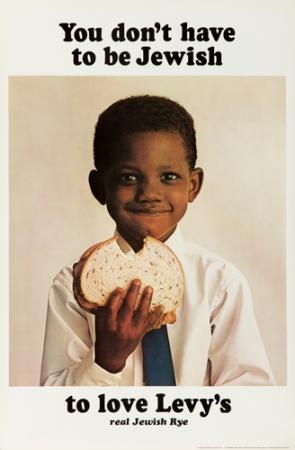
So here we are at the foothills of your journey to change the advertising industry and the world.
One thing to get out of the way: who the hell am I to tell you how to do this? I’m not Sir Hegs, Lee Clow or David Abbott. Why should you bother to read my words?
Well, the honest answer is that there’s no particular reason. Feel free to stop now and have another go at The Alchemist or Man’s Search For Meaning.
The unfortunate reality is that there’s only been one creative revolution in the ad industry, and it wasn’t even started by one of the superstars of the time (and there’s a fair amount of evidence to say that the BIG CHANGE didn’t happen as a result of Mr. Bernbach sending an all-knowing thunderbolt of brilliance through the industry. He just collected some very talented people and took 8+ years to do it). So if there’s going to be a second one, my suggestions might be as valid as anyone else’s. If anyone reading this wants to add their own thoughts, they’d be very welcome, then people can decide for themselves which advice to take, and which to ignore.
And these words of ‘wisdom’ are not going to be of the specific genius variety. Bill enabled people like Helmut Krone and Julian Keonig to do their best work and get it out, but he could never have written a manual that said ‘this kind of layout/headline/strategy is good, and this kind is bad’. That stuff comes later when you’re looking at the ads. What we need now are some of the higher-level principles, plus a few suggestions based on what seems to have worked or failed in the past.
Success might look like one of you starting an agency that has transformed the industry by 2030; it might look like a totally different kind of company that creates solutions to a range of problems, from military to old age; it might look like someone cracking the communication code for the Climate Crisis and literally saving the human race.
The point is that you can really only see a revolution in reverse. If you take it on, the process will have so many off-ramps and spaghetti junctions that there’s no chance of it looking exactly as you envisaged at the start. Viruses can pop in; new people can be elected president or prime minister; a volcanic eruption can bring a halt to months of flights.
Did Bill see VW Lemon when he started? Impossible. Would Levy’s Bread have seemed too crazy for the 1950s? Probably. Did the idea of putting the art director together with the copywriter come to him in 1945, 1948, 1952 or later? Who knows? What I’m saying is that it wasn’t one well-thought-out plan that was perfectly executed day by day from a Google calendar that he filled in at the beginning of the process. It changed with the times.
I’m taking far too long to say that the intention of this blog post is to inspire more than zero of you to take something on that will improve your life, and perhaps the lives of millions of others. It won’t happen in a straight line, and you might go bankrupt on the first nine tries, but revolutions are messy things. Be prepared for that.
But the great thing is that chaotic times are perfect for bringing something new into the world. How many headlines have you read that assert ‘COVID-19 is going to change ________ forever’? People of all stripes are leaning into the maxim, ‘Never let a good disaster go to waste’. That means lots of arseholes are beavering away to fill the gap left by the virus with exploitation, profiteering and power. But that also means you can take the same opportunity and turn it into something that helps you and other people.
It’s not as if you’ll be trying to persuade anyone of something that they disagree with: literally every sentient being on Planet Earth thinks that 99%+ of all the ads they see are dreadful. Most people have suffered a decade or more of post-crash austerity or wage freezes. A huge number have lost their job in the past eight weeks.
You can take all that frustration, creativity and nothing-to-lose-ification and recruit it for your non-evil scheme.
Last week I saw some people in the UK had set up an ad agency called ‘Not Fur’ Long’ to pair furloughed agency staff with companies that could use free top-level marketing help. Now, I have a few reservations about the ‘free’ bit, which I’ll get to in Part 3 or maybe 4, but that’s the kind of shit I’m talking about.
Many people have not much to do right now. They want to keep busy, they want opportunities to show what they can do. They want money (OK, that might be a tricky one, but it should be one of your goals). If you give them something good to get behind, they will get behind it. If you idea is crap, or you’re not much good at persuading people to do things, either have another go or perhaps consider that advertising might not be the job for you.
It’s undeniable that the iron is hot. The sun is shining over the hay-making fields. The diem is very carpe-able.
Now, on to part 3…
An advertising manifesto (not like those shitty ones that are basically three quarters of all ads these days): part 1
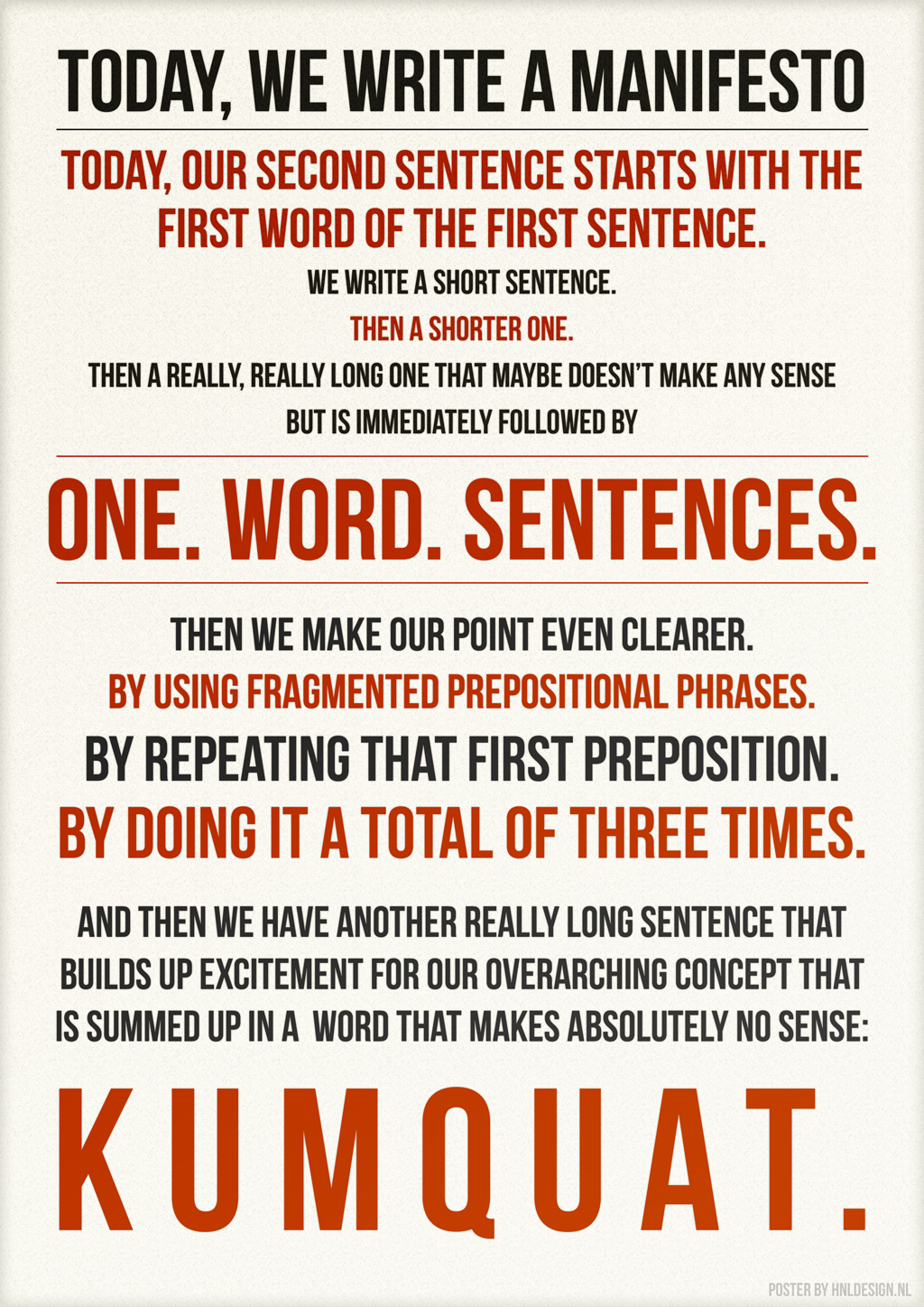
So here we are (or aren’t, depending on furloughs and redundancies): advertising has, along with so many other industries, hit the skids.
How long will the recovery take? What will it look like? How many chairs will be left to sit on when the music stops?
And let’s face it: will there even be a ‘recovery’, as in a return to something we might consider to be ‘normal’?
I apologise for starting this off in a sombre tone, but we’re going to have to get used to the fact that there’s still a long way left to fall. People (including us), whether employed or otherwise, are unlikely to blow a week’s wages on a dress, or take on the payment terms of a new Audi anytime soon. And if there’s less spending, there’s less reason and money to advertise.
Let me give you an insight into my own circumstances: I’ve been freelancing almost constantly for the last couple of years. There’s been the odd quiet week or a few, but I’ll be good until at least 2021.
But what lies beyond that? Will the tightening belt eventually squeeze me out of my home? I’m optimistic enough to think I’ll be OK, but I have no idea what society will look like over the next year or two, so my ad industry crystal ball is equally foggy.
If you’ve got it harder than I do, I have a lot of sympathy and a fair amount of empathy. I’ve been there relatively recently, trying to build up a freelance network and an ethical ad agency in a non-advertising city, where I’d only ever worked at a single, highly secretive company. Thinking back to the second half of 2017 gives me the shudders. If you’re in that kind of place right now, I’d love to give you the kind of hug that’s pretty much illegal right now.
I won’t be so trite as to say it’ll all work out, or suggest you learn coding or ballroom dancing as you wait for the other thousand shoes to drop. But I do have a plan to improve an industry that’s spent the last ten years getting worse (hey, maybe you’re even a bit relieved to take a break from it!).
Back in the fifties, when Bill Bernbach was fomenting his Creative Revolution, things were also shit. There was a post-war austerity (including rationing for jam, sugar and coffee, all the way up to 1959 in the UK), and a grimly traditional, patronising and dull advertising industry to cut through.
But that revolution managed to make things cool, fun, attractive and intelligent. It refused to take crap for an answer and instead ushered in decades of better work that added to people’s daily enjoyment.
Yes, there was still plenty of dross, but at least there was a beacon of hope; a flag to line up behind; a new way that turned an entire industry upside-down.
Now, with the industry routinely cranking out millions of turds a day, but with an inevitable and fundamental change in process driven by a virus, it must be the the perfect time for a second Creative Revolution.
And the great thing is, we have giants’ shoulders on which to stand. If Bill and Helmut and Bob and the other Bob and Julian managed to do it when there was neither the blueprint nor the will, we have no excuse.
Someone much cleverer than me once pointed out that he or she who shapes the future gets to predict it. That means you. Yes, you. You. Not someone else. You. You. You. Fucking you. YOU!
But I get it: you might be thinking: “Jesus Christ. I’ve just been furloughed from Agency X, a place I fucking hated, and now this douchebag wants me to embark on a slog of indeterminate length to see if I can save an industry I don’t even like. Fuck that noise.”
Or you might be thinking: “I’m bricking it right now. I still have a job at Agency Z, but that could end at any moment. The idea that I’m going to follow the suggestions of this twatpiece to stick my neck out when I’m lucky to still be able to buy nappies for little Maisie is laughable, and not in a good way.”
Sure, sure, sure. I think those things myself, even though I don’t know anyone called Maisie. But then I also think other things. Things like: “I hope I don’t limp to the end of my working life spending ten hours a day making shitty fucking decks for the dubious purpose of spinning the wheels of capitalism a little faster.” And: “Advertising is fucking awful. Part of that situation is down to me.”
I’d like to get to the finish line and look back at the trail I blazed; at the people whose days improved because they saw the funny, witty, surprising shit I inspired and/or made; at the copywriters and art directors who became oddly proud of their industry and output, all because of me.
Is it an ego-trip? Partly, but isn’t everything, deep down? Isn’t there a better way to spend your time? Maybe, but if you solve this one, the extra happiness, satisfaction, enjoyment and respect, reaching far and wide, will be worth it.
Isn’t it going to be so difficult, it’s basically pointless? As a general rule, doing big, significant, world-altering things is harder than, say, flicking through Instagram, but Bernbach created DDB ad by ad. This isn’t one giant mountain that must be formed in a week; it’s going to be a winding road of steps both forwards and backwards.
So where do you start? Call up your most talented friends right now and tell them you’re all going to build the best fucking agency anyone’s ever seen.
But if you’re not quite ready for that, just read the second part of this post tomorrow.
Advertising by Gaslight

Sometimes I feel like advertising resembles nothing so much as a gaslit spouse.
Clients were always a bit like the staid, repressed man who had, in advertising, found a flighty, fun girlfriend (swap the genders if you like. I’m going to go through a little metaphorical non-cis trans exploration. Feel free to join me).
Initially Mr. Client was quite taken with Ms. Advertising. Deep down he was a little uncomfortable with her spirited ways, but he also felt that he should try to loosen up a little, and be more receptive to fresh perspectives, occasional irresponsibility, and maybe a little risk. After all, lots of Mr. Client’s friends seemed to think Ms. Advertising was fun, and her sassy ways managed to draw other people to Mr. Client.
So they got married. But Mr. Client was always a bit suspicious of his new wife. Why was she spending all that money? Did she really need to go abroad on business? And why was she having so much fun without him?
Initially Mr. Client just accepted that this was the way she was, and if he wanted to be married to such a footloose and fancy-free lady, he’d have to take the little bits of insecurity that came with it.
But then those little bits of insecurity started to get under his skin. Mrs. Advertising wasn’t always great fun. She could sometimes be little boring, leaving Mr. Client wondering if those feelings of unease were really worth it.
And then there was the money. Surely Mrs. Advertising could get by without dropping so much cash all over the place. It was time to rein that shit in.
So Mr. Client started checking his wife’s messages, going through the bank statements with a magnifying glass, and questioning every little trip, drink and taxi ride.
And in response Mrs. Advertising started to worry. Was Mr. Client about to leave her? Like any gaslit spouse, she started to change her behaviour. Instead of free-spirited nonchalance, she started to slip into insecure self-questioning. Was she really doing everything possible to please her man? Maybe she was spending too much, taking her husband for granted and having too much fun. He was paying all the bills and putting bread on the table. Was she doing enough in return?
So she started dressing more demurely, seeing less of her friends, and tightening the purse strings. She could be a good little girl, then Mr. Client would stop questioning her and everything at home would be happier.
But as we all know, gaslighting is a slippery slope. Mr. Client started using data to really check up on his spouse. When was she coming home? Was it later than last week? Why? What was she up to? He would confront her with reams of information, tracking her every move, questioning every penny.
A few years of that and Mrs. Advertising was under the thumb: spied on and broken, not making a single move without asking for permission at least twice.
So Mr. Client finally got what he wanted: a supplicant, submissive and obedient other half, who was 100% accountable, 99.9% dull and really fucking miserable..
“He treats me so well. He takes care of me. Sometimes I let my hair down a little, but then he brings me right back down to Earth, and makes sure I behave properly next time. I’m so lucky to have him.’
If you’ve been gaslit by your spouse just call 0800-FUCK-THIS-SHIT, tell him you won’t take this crap anymore, and for the sake of both of you, speak up, ask questions and wear your favourite goddamn heels whenever the fuck you feel like it.
I’m serious as cancer when I say the weekend.
Who figured out how to make bread with yeast?
The 100 greatest UK number ones.
100 pieces of fine advice from a planner.
The Simpsons: a study of satire in international media.
Steve McQueen’s ten ingredients for a killer wardrobe.
Data visualisation of Jeff Bezos’s wealth.
A physicist explain parallel universes:
The illusion of truth:
An oral history of Saul Goodman from the guy who plays him:
ITIAPTWC Episode 60 – Richard Denney.

Rich and I started in advertising at the same time in the same place.
He won a Cannes Gold in his first year. I was laid off.
Now we’re back together having a delightful chat about those intervening 24 years.
He’s a top bloke, and still has those great creative chops, as evidenced by this, one of the few decent ads of the Pandemic so far:
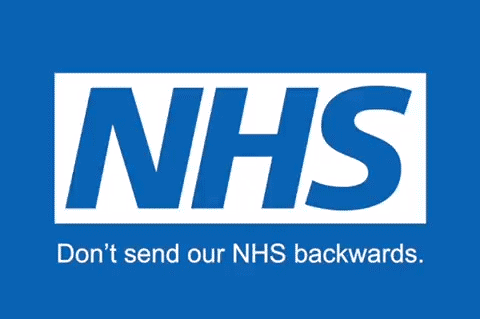
Here’s some of his other work (check out his search page in the D&AD archive for several others), including the classic Old Lions ad for Carlsberg:
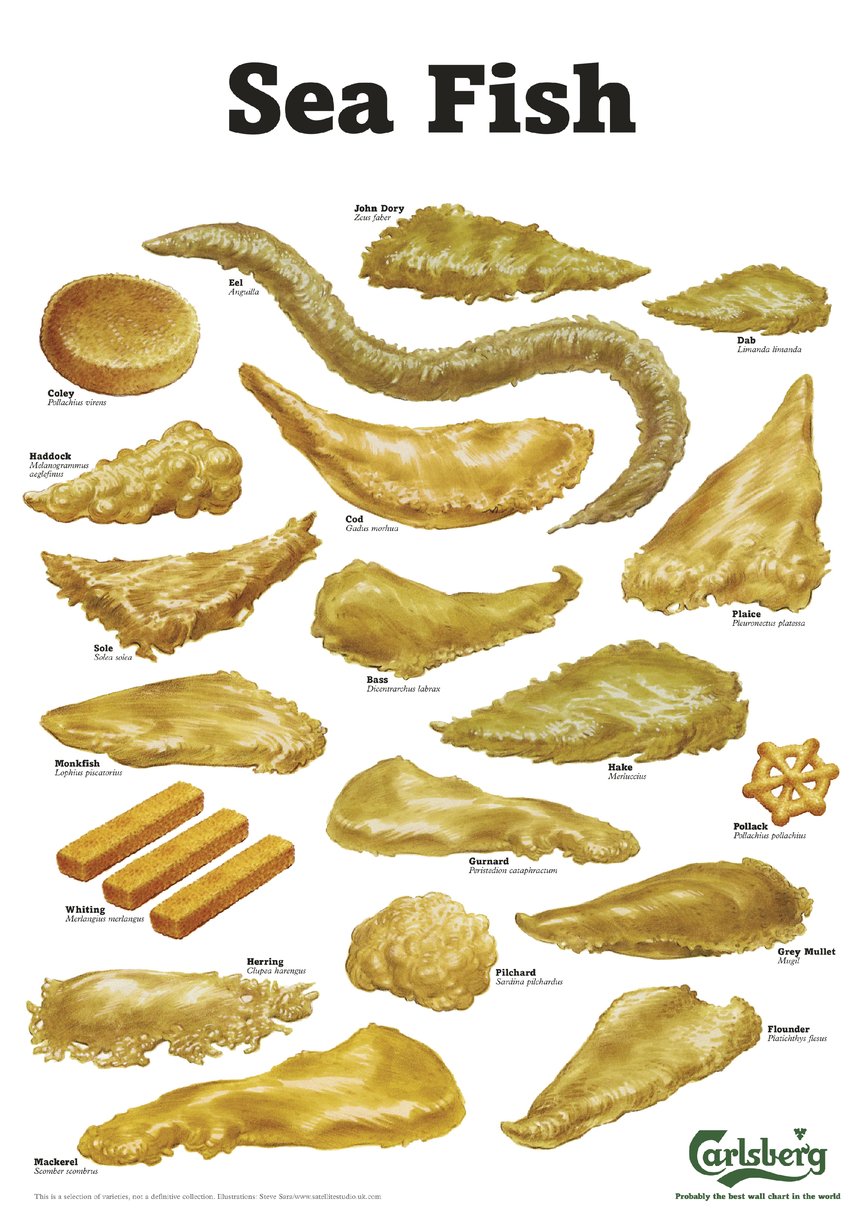
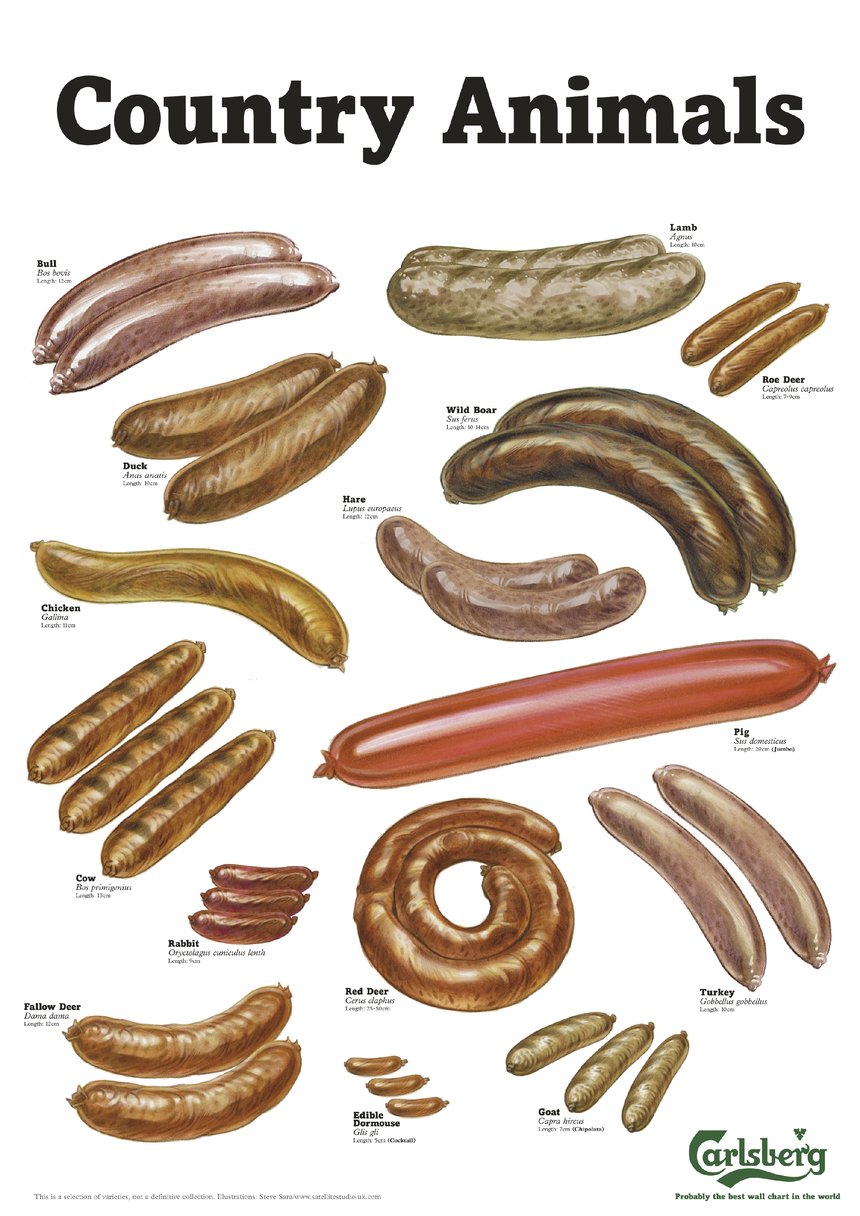

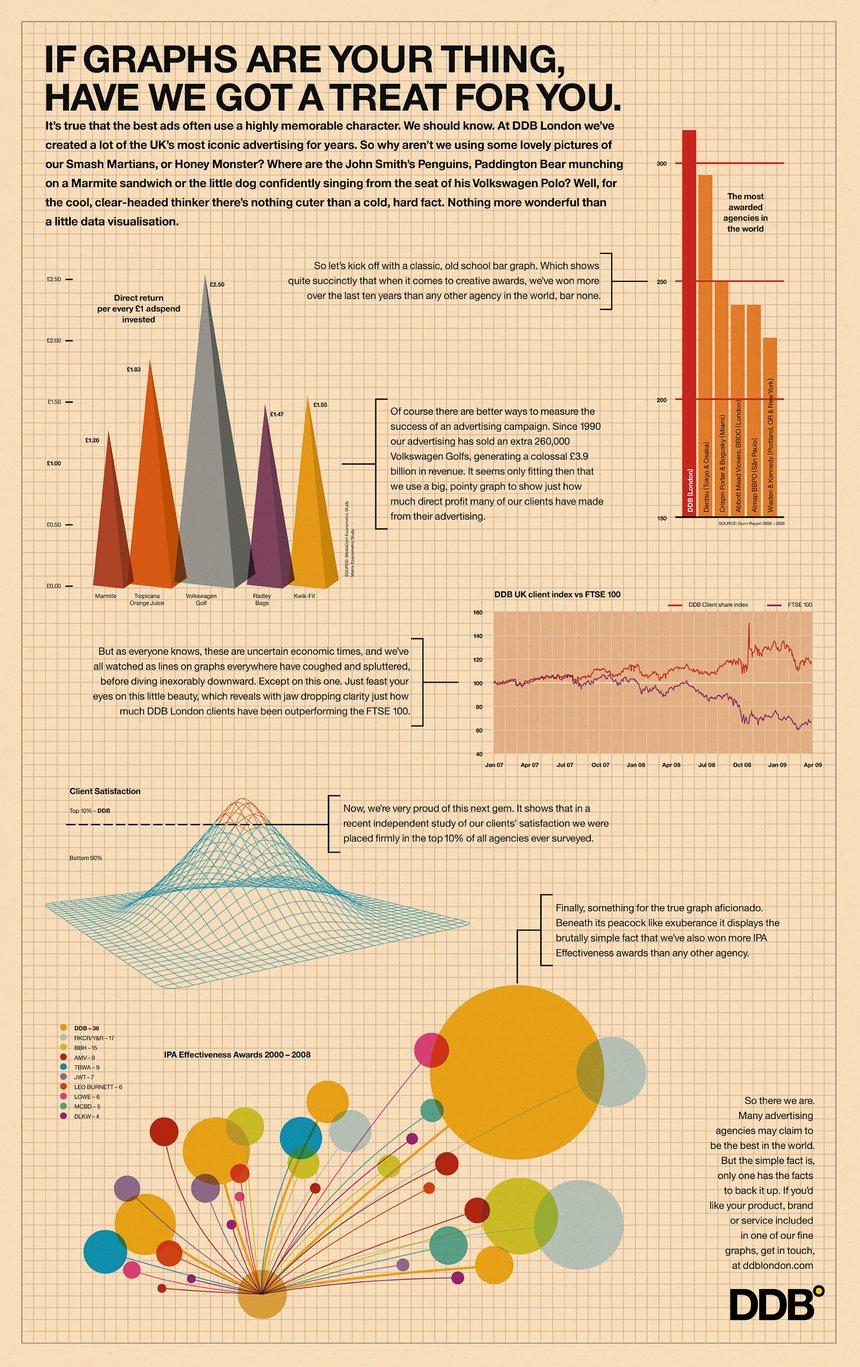
Here’s the iTunes link, the Soundcloud link, and the thing where you just press the play button. Enjoy!
Don’t you wish you’d go on forever. Don’t you wish you’d go on forever. Don’t you wish you’d go on forever. And you’d never stop? In that shiny little surrey with the fringe on the weekend.
Archives
